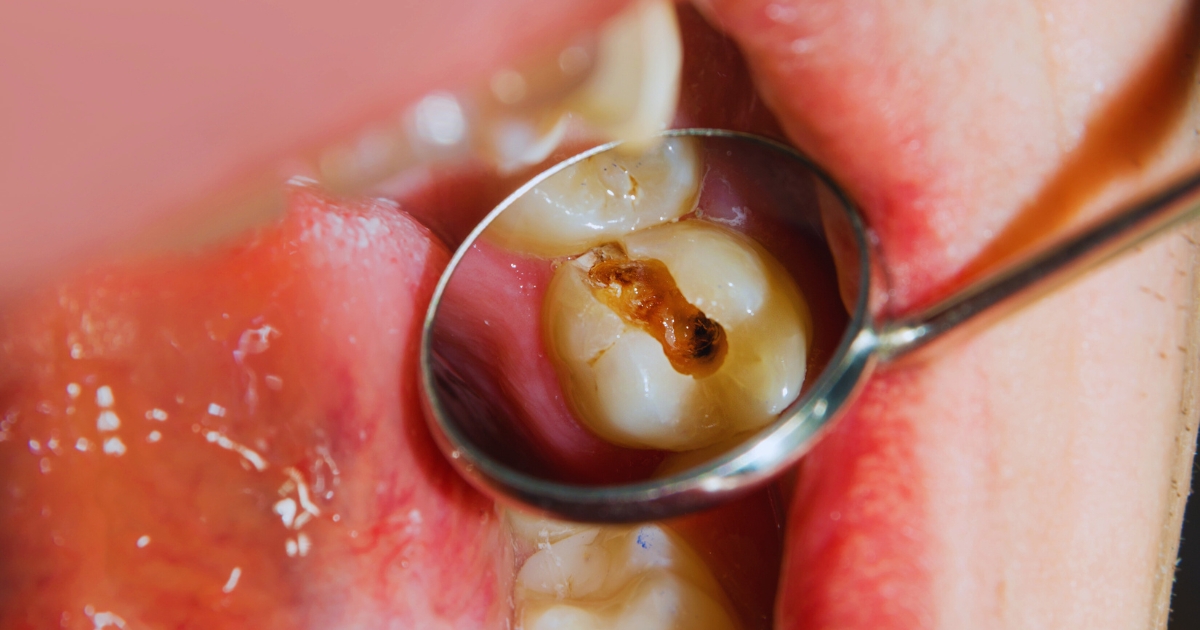Call Us Today 817-737-7668

Do you think brushing your teeth only guards your smile? If so, pause and think again. Your life may be at stake. According to research, periodontal disease can increase your risk of a heart attack by almost 20%. Shocked?
Most people think bleeding gums are not a big issue. However, the reality is different. In reality, they may be indicating deadly ailments. Gum disease is capable of doing more than destroying your smile. It can have a profound and silent impact on your entire body.
What is Periodontal Disease?
Periodontal disease begins as gingivitis. In this situation, gums become red, sore, and bleed when brushing or flossing. If you do not address them, it worsens into periodontitis. It immensely harms the supporting bone and tissues of your teeth.
Ineffective oral hygiene, smoking, diabetes, and inheritance usually stimulate periodontal disease. The signs include bleeding gums, halitosis, gum recession, and loose teeth. Only a dentist has the ability to properly diagnose and treat the various phases of periodontal disease. Early detection maintains both oral and overall well-being. Therefore, you should not wait for obvious signs.
The Mouth-Body Connection
Your mouth is directly linked to your bloodstream. That makes it an entry point for body-wide issues. When you have periodontal disease, bacteria from your gums can easily travel into your bloodstream. This initiates chronic inflammation, which overburdens organs, compromises immunity, and elevates health risks.
Inflamed gums are capable of putting pressure on your body, even though your teeth appear straight and white. A dentist can detect these signs early and help you prevent periodontal disease. Healthy gums indicate a healthier, better-balanced internal system.
Health Conditions Associated with Periodontal Disease
a. Cardiovascular Disease
Oral bacteria may travel into the bloodstream and stick to the heart vessels. This causes plaque formation. Plaque vigorously hardens arteries and increases heart attack and stroke risks.
Periodontal disease greatly increases this risk. Even with regular brushing, untreated gum problems are capable of quietly damaging your heart.
b. Diabetes
Periodontal disease and diabetes feed on each other. They form a vicious cycle of inflammation and imbalance. Gum infections can elevate blood sugar. Elevated blood sugar exacerbates gum inflammation. It’s a vicious feedback loop.
If you maintain good gum health, it significantly helps regulate blood sugar levels. Every dentist emphasizes this relationship to diabetic patients.
c. Respiratory Conditions
Bacteria associated with periodontal disease may travel to your lungs, particularly when your immune system is compromised. Oral bacteria in the air can raise your risk of pneumonia, particularly in older people. Healthy gums equate to healthy airways and fewer lung issues.
d. Pregnancy Complications
Pregnant women with periodontal disease have a greater chance of premature delivery and low birth weight. Hormonal imbalance is caused by inflamed gums. As a result, it can even initiate immune mechanisms that stress fetal growth. Pregnant women should visit their dentist regularly and maintain good oral hygiene.
e. Alzheimer’s and Cognitive Decline
Several studies have discovered gum bacteria in the brains of people with Alzheimer’s. That is a big red flag. Periodontal disease causes chronic inflammation, which can harm neurons and accelerate memory loss. If you guard your gums, you might guard your brain in the long run.
Visit our dentists regularly. Floss, brush, and treat gum infections before they spread further. You should not wait for pain. Early intervention saves more than teeth and lives.
Make oral care a top priority in your overall health plan. Healthy gums translate into a healthier you.





